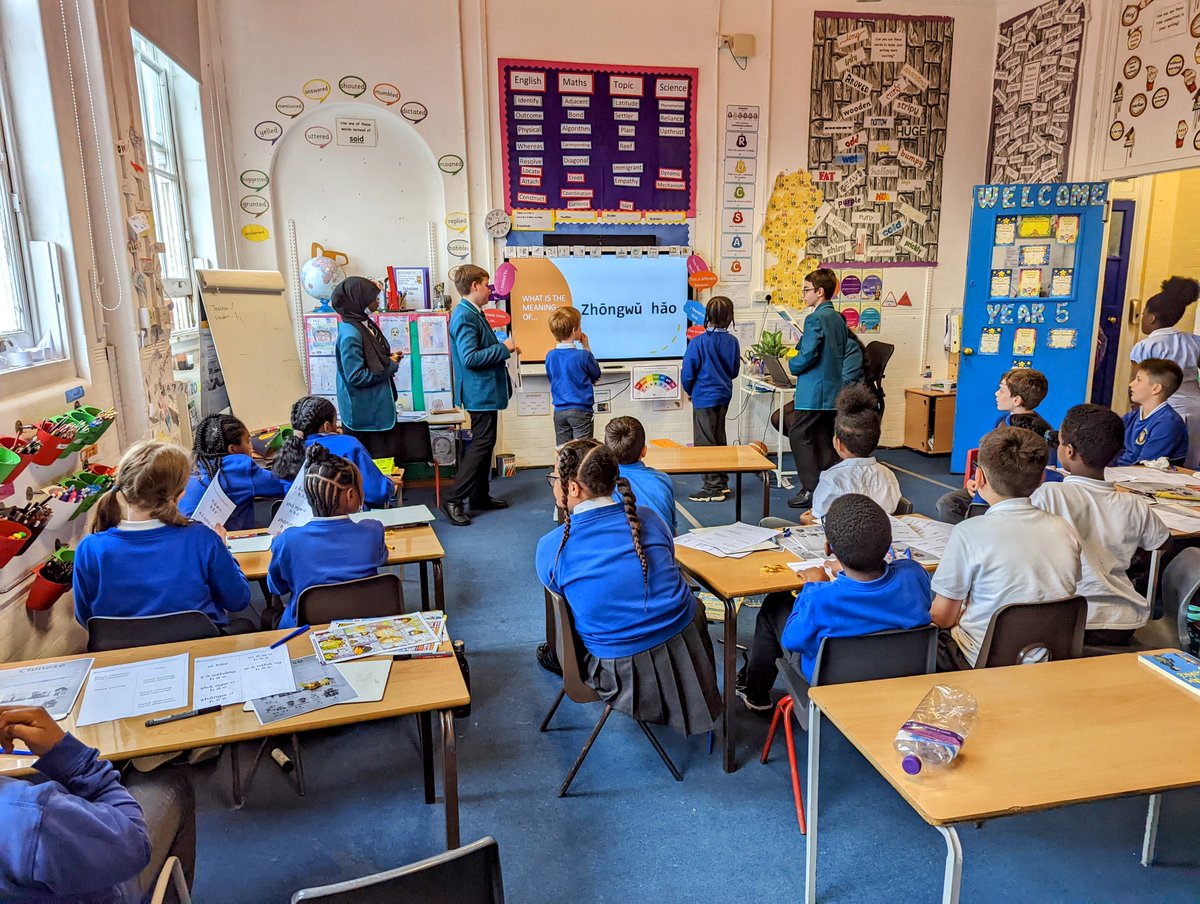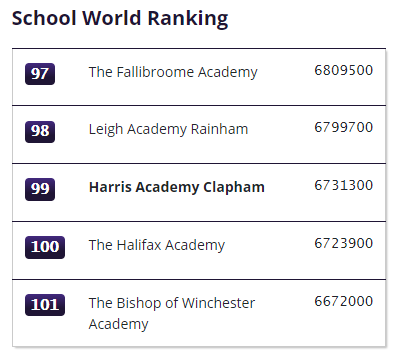Drama
Drama in the Clapham classroom aims to inspire personal expression, creativity and confidence. It empowers students and teach them to recognise the impact of drama socially, politically and culturally throughout history and into the present day.
The curriculum develops both practical and theoretical knowledge of drama through the exploration of a broad and diverse collection of texts, themes and subjects. Students learn about the foundations of theatre in Greek theatre, the movement into street performance and stock characters with Commedia Dell Arte. Students develop a literary understanding of cultural heritage through a number of Shakespearean texts and then a look at Drama as a vehicle for change, as well as entertainment, in the modern world.
Students develop a range of theatrical skills and learn how to apply them to create performance. This includes working collaboratively to generate, develop and communicate ideas. Drama enriches students’ knowledge and understanding of a variety of playwrights and theatre practitioners. Through these lessons students gain a firm understanding of the skills required, both physically and vocally, to perform, present and inspire those around them. Students learn how to use these elements of voice to be heard and to generate emotional responses in an audience as well as using their physical skills to embody a character and engage those around them.
At its heart drama is about understanding how the performing arts is an integral part of our social and economic identity. It is about the diverse ways the performing arts are made available and accessible to all. It is about literacy, art, expression and the application of new knowledge. It is about giving and receiving clear and concise feedback and using it to improve and move forwards. It is about accepting challenges, taking risks and, most of all, never giving up.
Please see below to view our progression map for drama in Years 7 to 9.
Documents
| Drama Curriculum Key Stage 3 | Download |




















